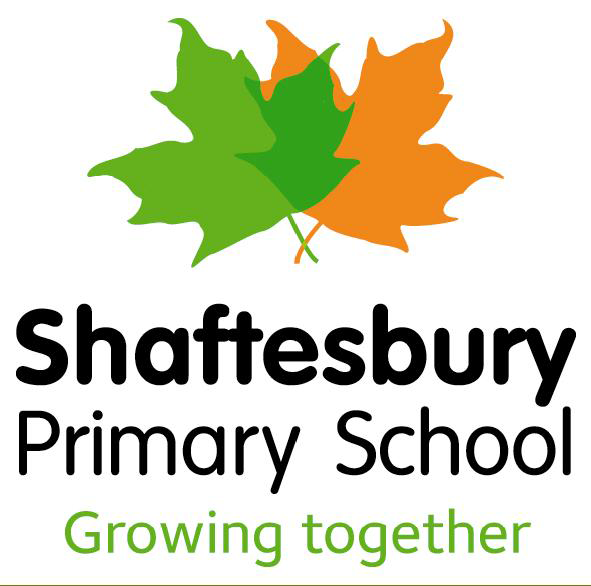Assessment
At Shaftesbury, assessment is an ongoing process which supports teachers to modify their teaching in order to improve pupils’ performance and attainment. When judging pupil’s attainment and progress, we place a higher weighting to teacher assessment and evidence in books then we do to summative assessment.
Within our school, there are two main types of assessment:
- Assessment for learning (formative assessment) is the process of seeking and interpreting evidence for use by learners and their teachers to decide where the learners are and where they need to go and how best to get there. The key strength of our system is the formative assessment cards which are accessible to both teachers and pupils. Both teachers and children fill in target cards highlighting targets children have met and targets that require further action points.
- Assessment of learning (summative assessment) provides a summary of what has been learned in regard to both attainment and achievement at a specific point in time. At Shaftesbury, we assess children five times a year. Furthermore, 3 times a year data is inputted using Sims and annually we use NFER assessment tests alongside teacher assessment. Teachers assess each child giving them an SPS score. Data is then analysed into different areas (Pupil premium, ethnicity, SEN, mobility). CTG sheets- highlight gaps in the curriculum. Our context sheets show key demographics for our school.
- We use a school devised assessment tracking system with Captia Sims. This ensures all data is securely held and linked to pupils.
The range of approaches to assessment include:
- Formative assessment: taking place on a daily and weekly basis;
- Observing, marking, self-assessment, peer assessment, group discussion, child discussion, questioning (using Blooms Taxonomy).
- Children’s progress is measured every half term. Class teachers can then identify where gaps lie with precision and use this to inform future planning; information is highlighted on target cards which are in children’s books.
- Summative assessments: These include group or individual tests or tasks, dependent on the pupil’s age. Summative assessment periods take place at the end of each half term with an addition at the end of term data. Summative Assessments are formed though Formative Assessments and tests;
- Pupil progress meetings: For individuals, groups and classes with the Senior Leadership Team after each term. These meetings highlight children causing concern for attainment or progress and also those attaining higher than expected or making accelerated progress; intervention groups are then set up to either diminish the difference between certain groups or boost higher achievers. During these meetings SEN progress meetings: As above but specifically for children on the register at SEN School Support, Statements or Educational Healthcare Plans.

